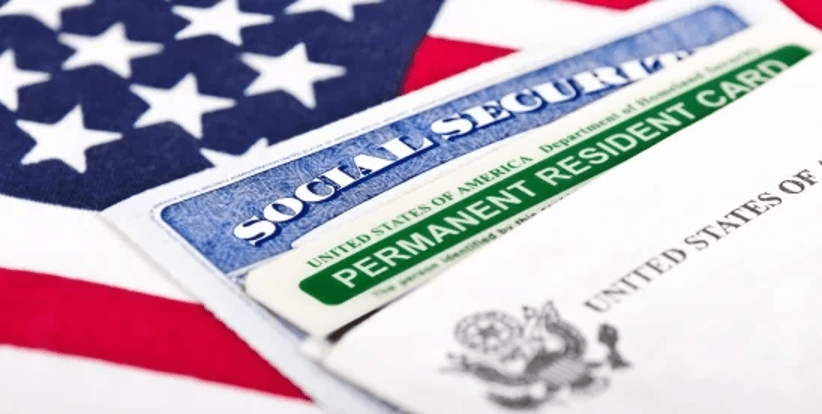
(Source)
On January 20, 2025, President Trump issued an executive order titled “Protecting the Meaning and Value of American Citizenship.” Within this executive order, President Trump claims that the Fourteenth Amendment has never been interpreted in a way that would grant citizenship to everyone who is born within the United States. Instead, President Trump asserts that the Fourteenth Amendment has only given birthright citizenship to those who are born within the United States and also “subject to the jurisdiction thereof.” Moreover, the executive order further outlines two circumstances where a child born in the United States is not “subject to the jurisdiction thereof”: (1) when the child’s mother was unlawfully present in the country, and the father was not a citizen or lawful permanent resident at the time of birth; and (2) when the mother’s presence in the country was lawful but temporary, and the father was not a citizen or lawful permanent resident at the time of birth.
Before discussing the possible implications of this specific executive order, it is important to recognize what an executive order is and what it is able to accomplish. An executive order is a written presidential directive that tells the government how it should faithfully execute certain laws. Through an executive order, the president is allowed to do anything that is within the executive branch’s constitutional authority, but it cannot be used to override federal laws or statutes that already exist. Furthermore, although some executive orders are effective as soon as they are signed by the president, some require a government agency to take additional steps before they have any impact. In this regard, an executive order can fundamentally change how laws affect people, but it does have limitations regarding its scope and overall impact.
Nonetheless, the prohibition on granting birthright citizenship in President Trump’s executive order would end the practice of giving birthright citizenship to babies of undocumented immigrants and those who are temporarily in the United States. This is significant because about 250,000 children in the United States were born to illegal immigrant parents in 2023, and almost 500,000 children have been born to temporary visitor parents over the past decade. If the executive order is upheld, children who are born under these circumstances will not be granted United States citizenship like they have in the past. Indeed, one of the main reasons why President Trump issued this executive order was because he thought that the United States’s previous birthright citizenship practices were no longer viable because of the proliferation of international migration.
Regardless of whether this is a good or bad idea, this change is extremely significant since it would depart from over 125 years of United States precedent that began with the decision in the 1898 Supreme Court case – United States v. Wong Kim Ark. In this seminal case, the Supreme Court held that the Fourteenth Amendment established that anyone who is born in the United States shall be considered a citizen, with only very limited exceptions. This is a practice known as jus soli, and the federal government has adhered to it ever since then. In this regard, there seems to be a clear tension between President Trump’s executive order and long-standing judicial precedent. In fact, the executive order’s interpretation of the Fourteenth Amendment is actually quite similar to the dissent’s view in United States v. Wong Kim Ark because Chief Justice Fuller and Justice Harlan believed that Wong was not “completely subject to the jurisdiction of the United States” even though he was born in the country.
The legal principles articulated in United States v. Wong Kim Ark indicate that President Trump’s executive order is unconstitutional, but the Supreme Court could decide to depart from judicial precedent like it has in recent years over other issues such as abortion. Nonetheless, without a new ruling on the issue, the already existing judicial interpretation of the law should always supersede the executive branch’s interpretation because of Marbury v. Madison. Therefore, the current legal challenges to the executive order are likely to prevail.
Suggested Citation: Brian Kam, The Current State of United States Birthright Citizenship, Cornell J.L. & Pub. Pol’y, The Issue Spotter (Mar. 20, 2025), https://jlpp.org/the-current-state-of-united-states-birthright-citizenship/.


